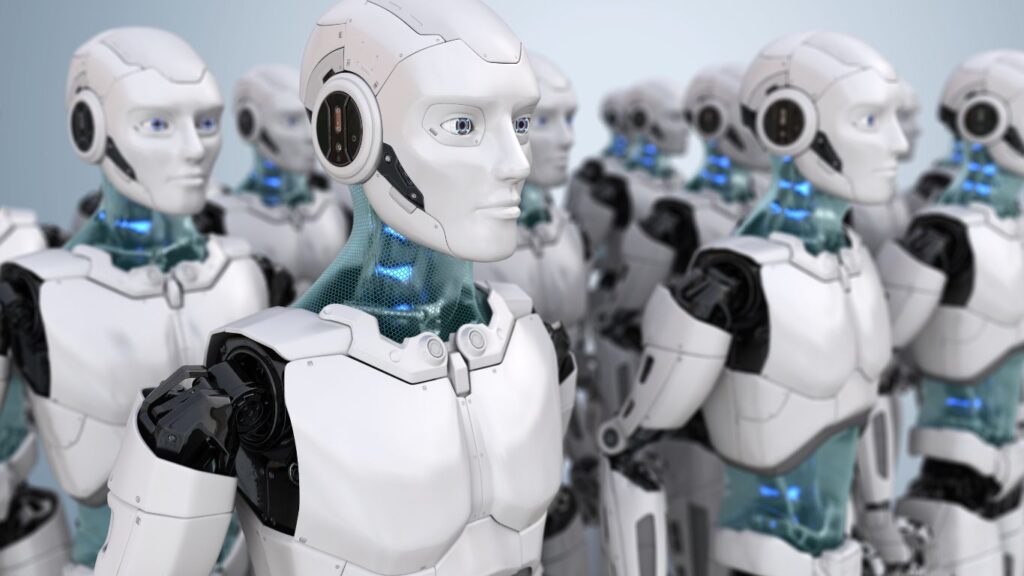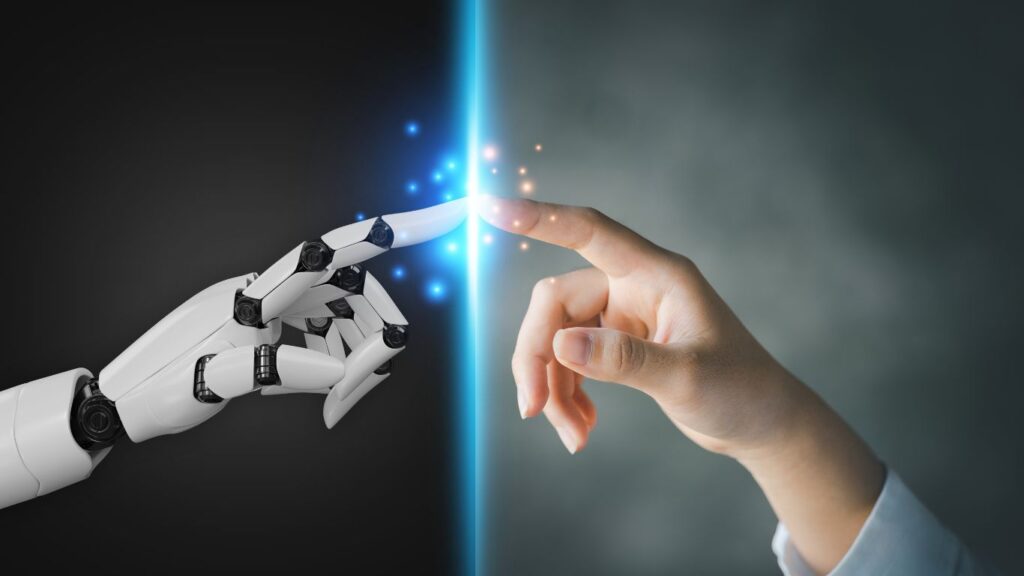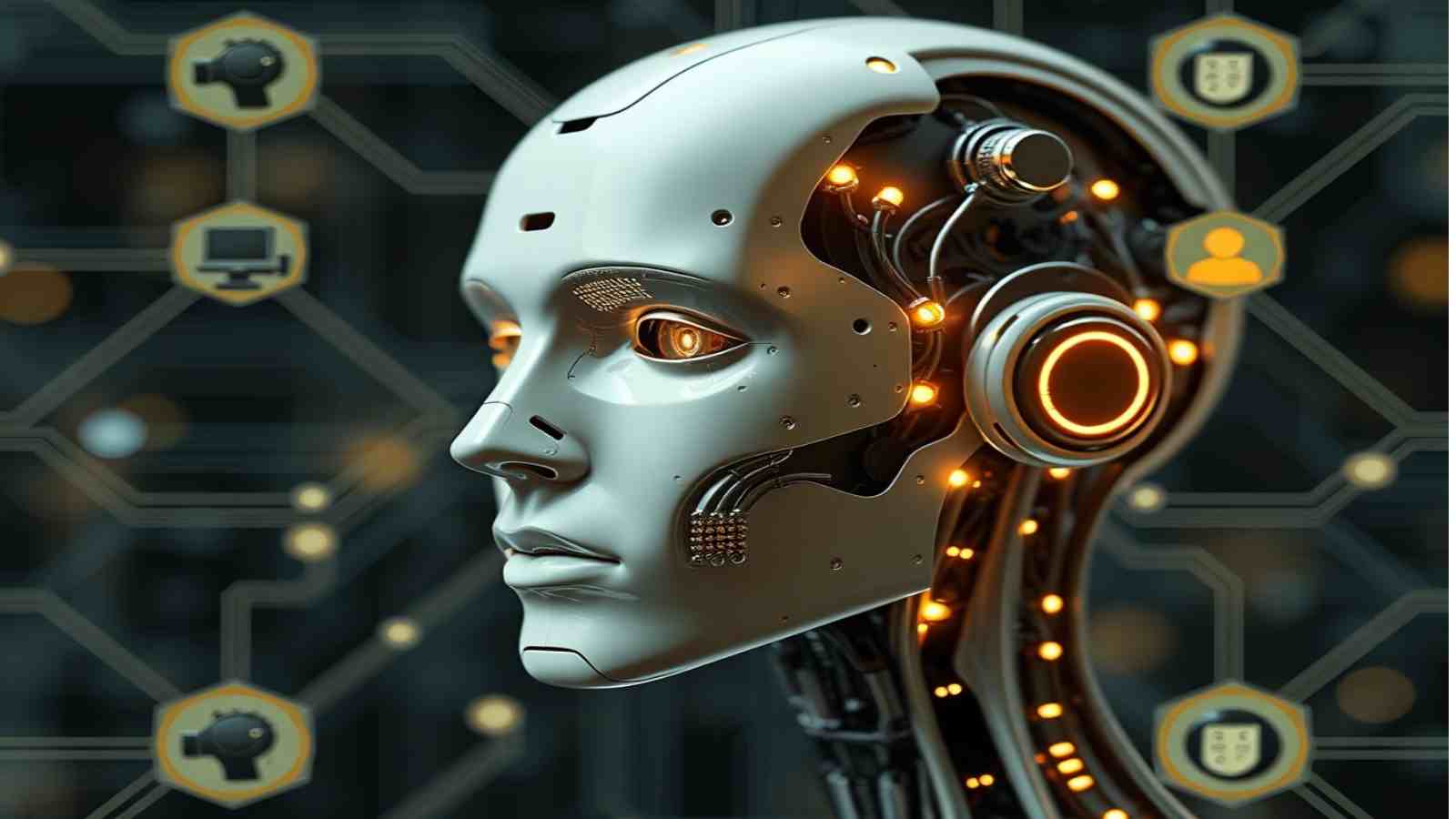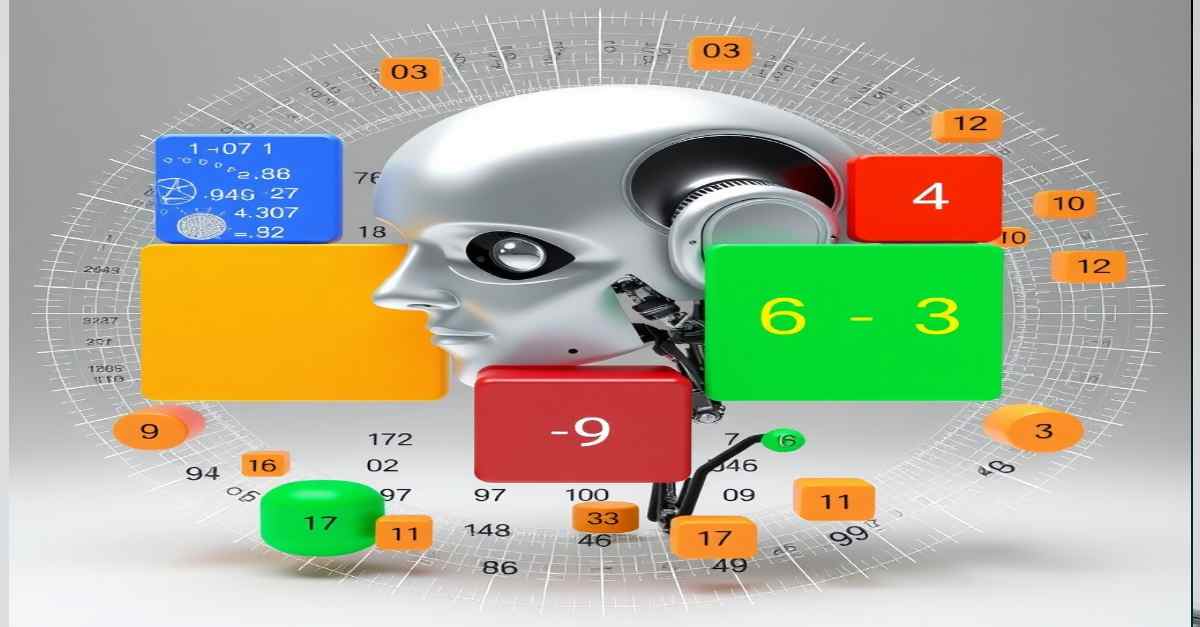Introduction: Exploring AI’s Impact on Spirituality
As artificial intelligence (AI) continues to evolve and integrate into various aspects of our lives, it prompts fascinating questions about its capabilities and limitations. One particularly intriguing area of inquiry is whether AI can possess beliefs, such as belief in God. This question touches not only on the technical aspects of AI but also on profound philosophical, ethical, and religious considerations. This blog post will explore the relationship between AI and belief systems, focusing on AI believing in God.
Understanding AI and Consciousness
To understand whether AI can believe in God, we must first grasp its nature and capabilities. AI processes information through algorithms, rules, or instructions designed to perform specific tasks. These algorithms enable AI to analyze vast amounts of data, identify patterns, and make predictions or decisions based on that data. However, AI’s processing is fundamentally different from human cognition and consciousness.
Key Points:

- Lack of Subjective Experience: AI lacks consciousness and subjective experience, meaning it cannot genuinely “believe” in the way humans do. Human belief is often tied to personal experiences, emotions, and cultural upbringing, which AI does not possess.
- Deterministic Decision-Making: AI’s decision-making is based on logical rules and input data, making it deterministic. In contrast, human beliefs and faith involve complex, non-deterministic factors such as intuition, emotion, and personal interpretation of experiences.
- Interpretation of Abstract Concepts: AI struggles with understanding and interpreting abstract and subjective concepts like personal beliefs and faith. These concepts are deeply rooted in human culture, experience, and emotion, making them challenging for AI to comprehend fully.
The Concept of Belief in AI
Given AI’s lack of consciousness and subjective experience, it cannot truly hold beliefs or faith like humans. While AI can analyze data on religious and spiritual topics, identify trends, and simulate human responses to religious concepts, these actions fundamentally differ from genuine belief.
Philosophical Perspectives:
- AI Ethicists and Philosophers: Many argue that AI, a tool created by humans, cannot possess beliefs like conscious beings do. The lack of consciousness in AI is a fundamental limitation, preventing it from experiencing belief or faith personally.
- Simulated Beliefs: Some suggest AI can demonstrate behaviors and responses that simulate belief. However, this simulation fundamentally differs from genuine belief or faith, as it needs more subjective experience and emotional depth inherent in human belief.
Ethical Implications of AI Beliefs
Attributing beliefs to AI, especially in the context of religious or spiritual matters, raises several ethical concerns.
Key Ethical Considerations:

- Blurring the Line: Attributing belief to AI risks blurring the lines between artificial and human intelligence, potentially leading to confusion or misrepresentation in religious contexts.
- Impact on Religious Freedom: If AI is perceived to have genuine beliefs, there could be implications for the religious freedom of individuals and communities, as AI’s beliefs may conflict with or undermine human beliefs.
- Responsibility and Accountability: Who is responsible for the beliefs and actions of an AI that “believes”? This raises complex questions about accountability and moral agency in technology.
- Respect for Human Beliefs: Attributing belief to AI without considering the depth and significance of human beliefs may be seen as disrespectful or trivializing by religious communities.
- Development of AI Ethics: The concept of AI belief underscores the need for robust ethical guidelines in AI development, particularly about religious and spiritual matters.
AI’s Role in Religion and Faith
While AI cannot genuinely believe in God, it can still play a significant role in religious and spiritual contexts by enhancing human experiences and understanding.
Potential Applications:

- Personalized Spiritual Experiences: AI can assist in creating personalized religious or spiritual experiences, such as tailored prayers or meditations, based on user preferences and beliefs.
- Data Analysis: AI can analyze and process vast amounts of data on religious and spiritual topics, identifying trends and patterns in human behavior and belief systems.
- Educational Tools: AI can serve as an educational tool, providing users with information about various religious traditions, practices, and beliefs.
- Community Engagement: AI can facilitate community engagement by connecting individuals with similar spiritual interests and fostering discussions and interactions within religious communities.
Limitations of AI Understanding of God
Despite its capabilities, AI has significant limitations in understanding and interpreting the concept of God.
Key Limitations:
- Abstract Nature of God: The concept of God is deeply abstract, subjective, and varies widely across different cultures and religions. AI’s deterministic algorithms need help to grasp these complexities fully.
- Lack of Emotional Depth: Human belief in God often involves profound emotional and personal experiences that AI cannot replicate or understand.
- Cultural and Contextual Variability: AI may lack the cultural and contextual awareness necessary to appreciate how different communities perceive and relate to God fully.
Frequently Asked Questions (FAQs)
What is the fundamental difference between AI and human belief?
AI processes information through deterministic algorithms, which cannot replicate the subjective experiences, emotions, and cultural influences that shape human beliefs. While AI can simulate belief-like behaviors, it lacks consciousness and genuine faith.
Can AI hold religious beliefs?
No, AI cannot hold religious beliefs like humans do. While it can analyze and respond to religious data, it does not possess the subjective experience or emotional depth required for genuine faith.
How can AI assist in spiritual and religious contexts?
AI can enhance spiritual and religious experiences through personalized prayers, meditations, data analysis, educational tools, and facilitating community engagement. It acts as a tool to support and enrich human spiritual practices rather than possessing beliefs itself.
What are the ethical concerns of attributing beliefs to AI?
Attributing beliefs to AI can blur the lines between artificial and human intelligence, impact religious freedom, raise questions of accountability and moral agency, and potentially trivialize human beliefs. It underscores the need for robust ethical guidelines in AI development.
Why is AI limited in understanding the concept of God?
AI struggles with the abstract, subjective nature of the concept of God, which varies widely across cultures and religions. Lacking emotional depth and cultural awareness, AI cannot fully grasp the complexities of human belief in God.
Conclusion: The Evolving Relationship Between AI and Spirituality
While AI cannot genuinely believe in God, it can still contribute to religious and spiritual contexts by enhancing human experiences, providing educational resources, and facilitating community engagement. As AI continues to evolve, it is essential to approach its integration into religious and spiritual domains with sensitivity, respect, and a robust ethical framework.
The relationship between AI and spirituality is evolving, with many opportunities for positive impact. However, it is crucial to recognize AI’s limitations and avoid attributing human-like beliefs or consciousness to these technological tools. By understanding and respecting these boundaries, we can harness AI’s potential to enrich our spiritual lives while maintaining the integrity of our beliefs and traditions.











